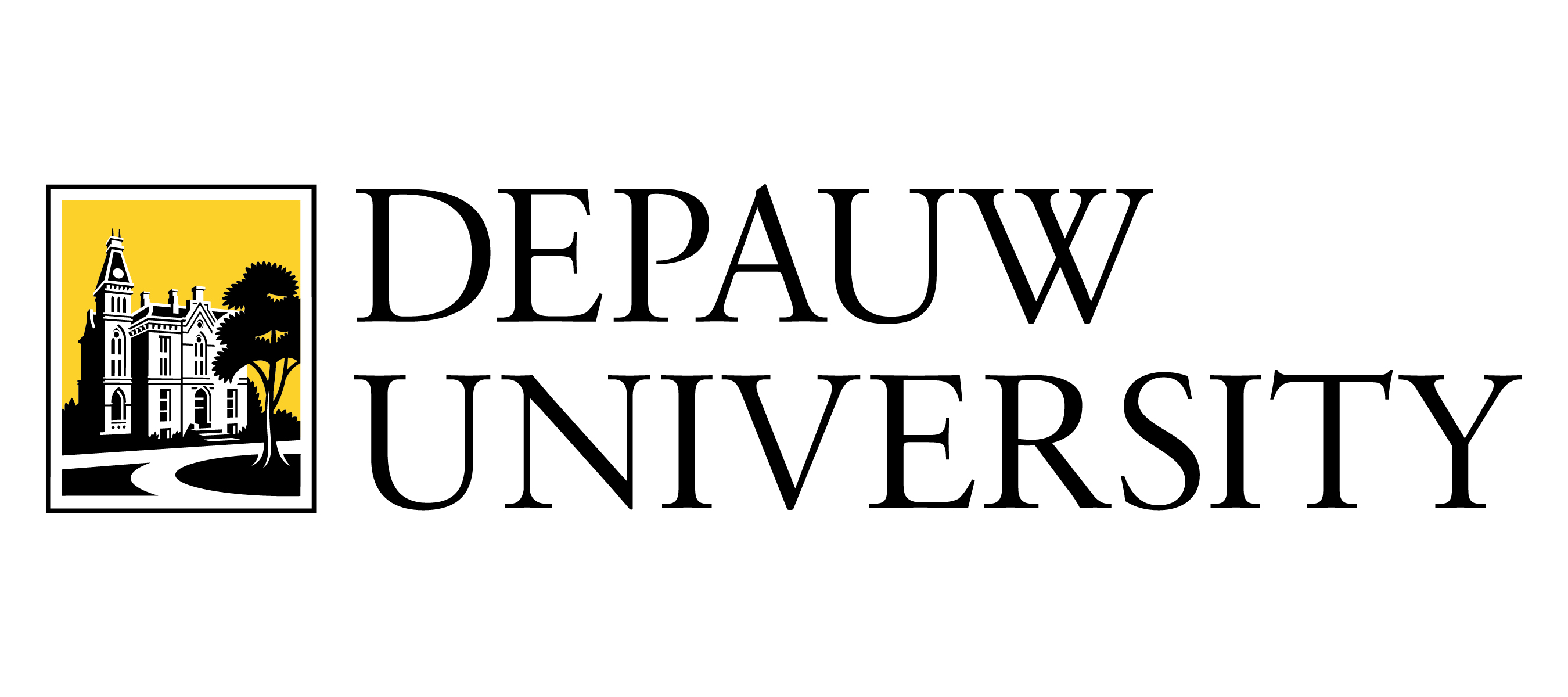Document Type
Syllabus
Publication Date
Fall 2023
Course Description
At one time, the ceremonies as they had been performed were enough for the way the world was then. But after the white people came, elements in this world began to shift and it became necessary to create new ceremonies. I have made changes in the rituals. The people mistrust this greatly, but only this growth keeps the ceremonies strong.
-Leslie Marmon Silko, Ceremony (1977)
We acknowledge that DePauw University is located on the ancestral and contemporary lands of Indigenous people. This land carries traditional and personal importance for the Piankashaw, Wea, Miami, Kickapoo, Potawatomi, Shawnee, Delaware (Lenape), and other tribes that call these lands home. We support the Native Americans on this land and across the nation as they work to preserve or recover their land, cultures, and traditions amidst dispossession. With this statement, we acknowledge the sacred ground on which we stand and hold DePauw University accountable to Native American peoples and nations.
-DePauw Land Acknowledgement
This course surveys Native American literature within the contexts of conflict, assimilation, and cultural renewal. Our work is embedded in this historical process, as we will conduct our course on land once inhabited by the Miami, Potawatomi, and Shawnee peoples. With this awareness, we will explore tribal stories, declarations of tribe and self by early Native writers working within an alien cultural milieu, testimonials of young Native Americans subject to assimilationist education, and the ways the writers since the Native American Renaissance have redefined Indian identity as a compromise between traditional Native culture and contemporary American society, through the new “ceremonies” described by Silko. We will also consider the evolving relation between United States Indian policy and Native modes of expression, continuing with contemporary writers’ use of literature to confront racism and advocate for justice. While our reading focuses primarily on recent fiction, it also includes plays, poetry, memoir, translations of tribal stories, early Indian au- tobiographies, and critical assessments of the American Indian’s place within the national imagination.
Recommended Citation
Brown, Harry, "ENG 266A Native American Literature Brown Fall 2023" (2023). Course Syllabi. 25, Scholarly and Creative Work from DePauw University.
https://scholarship.depauw.edu/records_syllabi/25



Student Outcomes
Learning goals and outcomes:
In our course, the content becomes a medium for developing your intellectual abilities through writing. Writing in any genre is a creative act of ordering and deriving deeper meaning from the thoughts and impressions that constitute our basic response to experience, including reading literature. The practical goals of the course are to understand Indigenous perspectives in literature and culture, and as a whole the course will to help you